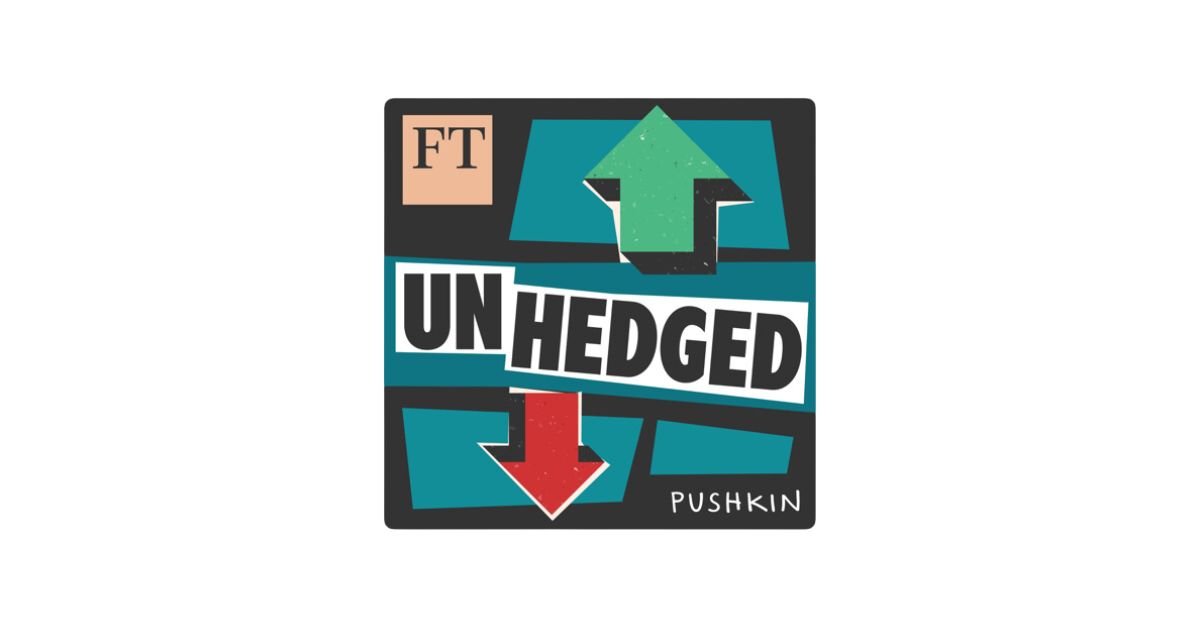How Fintech is Changing The Financial Industry?
February 5, 2024, 5 min read
In recent years, there has been reshaping in financial industry, and a significant portion of this change can largely be ascribed to the advent of Financial Technology, also known as Fintech. This forward-thinking industry has not only reshaped the way we handle our financial matters, but it has also re-imagined the financial products that are made available to both customers and companies. In this article, we will discuss the ways in which Fintech is disrupting the financial industry, how it is influencing financial services, the different kinds of financial products that it provides, and the impact that it will have on the future of the financial sector.
How is Fintech Changing the Financial Industry?
The application of technology to financial services is referred to as “Fintech,” which is an abbreviation for “Financial Technology.” Because it offers solutions that are both new and more efficient, it has caused traditional banking and financial organizations to be shaken up. The following is a list of the ways that fintech is causing changes in the financial industry:
Fintech companies have opened the way for a digital-first approach to finance, which has been enabled by the digital transformation. Customers now have access to financial services via mobile apps and internet platforms. This means that traditional banking is no longer limited to branches housed in physical buildings.
- Enhanced Customer Experience
Fintech companies place a high priority on creating user-friendly interfaces and providing customized experiences for their clients. Because of this, customers now have higher expectations, which has resulted in financial services that are easier to understand and more comfortable to use.
Automation is a fundamental component of Fintech and is closely related to efficiency. By using algorithms and artificial intelligence, processes such as loan approvals, investment management, and even insurance underwriting can be expedited. This reduces the need for manual labour and eliminates the possibility of human error.
Fintech has democratized finance by making financial services available to a wider population, which has resulted in increased accessibility. Mobile banking, peer-to-peer lending, and microloans are some examples of the types of financial services that are now available to customers who were previously denied access to traditional banking systems.
How Does Fintech Affect Financial Services?
The impact that Fintech has had on financial services has been significant and multi-faceted. Not only has it caused disruption in conventional banking, but it has also made brand-new, ground-breaking services available. The following is an explanation of how Fintech influences financial services:
- Fintech businesses have ushered in a new era of innovation in payment systems. Mobile wallets, peer-to-peer payment platforms, and cryptocurrencies have all arisen as new means to do business. This has resulted in payments being processed more quickly and with less hassles.
- Peer-to-peer lending platforms and internet lenders have made the loan process easier to understand and use for borrowers and lenders alike. Quick access to loans is available for borrowers, while investors have the opportunity to diversify their holdings by providing capital to individuals and smaller businesses.
- Robo-advisors and online trading platforms have made investing more accessible and more affordable. Investment Management Robo-advisors and online trading platforms have made investing more affordable. Investment alternatives are analysed by algorithms, portfolios are tailored to individual objectives, and trades are executed with as little human participation as possible.
- In the insurance industry, InsurTech companies use data analytics to do more precise risk assessments and provide customers with individualized insurance plans. The end result is coverage that is more economical to customers and can be tailored to their specific needs.
What Are the Financial Products of Fintech?
A wide variety of financial goods and services that are designed to meet the ever-evolving requirements of customers and businesses have been made available thanks to developments in fintech. Among the most notable goods offered by Fintech companies are:
- Mobile payment programmes such as PayPal, Venmo, and Apple Pay enable users to conduct safe and speedy transactions using their cellphones. Digital wallets are another name for these mobile payment apps.
- Cryptocurrencies are digital currencies that have gained appeal as alternative assets and mediums of exchange. Examples of cryptocurrencies include Bitcoin and Ethereum.
- Peer-to-Peer lending platforms, such as LendingClub and Prosper, connect borrowers with individual or institutional investors. As a result, the resulting interest rates are frequently cheaper than those offered by traditional banks.
- Robo-advisors are automated investment platforms that generate and manage portfolios based on user preferences and risk tolerance. Robo-advisors make investing accessible to a wider audience by reducing the amount of time and effort required.
- InsurTech refers to the use of data analytics and artificial intelligence by businesses, such as Lemonade, to provide insurance coverage that are more quickly, affordably, and individually crafted.
How Is Fintech Shaping the Future of Finance?
The influence of Fintech on the financial industry is far from waning. In fact, it continues to shape the future of finance in several ways:
- Financial Inclusion: Fintech is breaking down barriers to financial services. It aims to bring the unbanked and underbanked populations into the formal financial system.
- Innovation: Fintech companies constantly innovate to stay competitive, driving advancements in financial products, services, and technology.
- Regulation: Governments and regulatory bodies are adapting to the Fintech revolution, creating new rules and frameworks to ensure consumer protection and financial stability.
- Collaboration: Traditional financial institutions are partnering with Fintech firms to harness their technology and expertise. This, then, leads to a more integrated financial ecosystem.
- Globalization: Fintech is making cross-border transactions and investments more accessible, contributing to a more interconnected global economy.
Conclusion
Fintech has disrupted the financial industry by offering innovative and efficient solutions. These solutions cater to the evolving needs of consumers and businesses. As the Fintech sector continues to grow and evolve, it will undoubtedly play a role in shaping the future of finance. Which will then lead to making financial products and services more accessible, efficient, and reshaped to fit the individual needs. Whether it’s digital wallets, peer-to-peer lending, or robo-advisors, Fintech is here to stay. Its impact on the financial landscape will only continue to grow in the years to come.
















